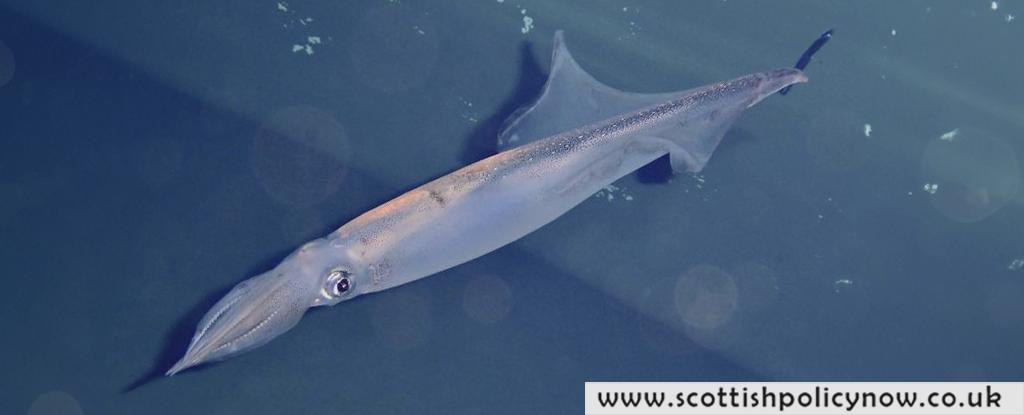If you’re the scientific type, you might dismiss horoscopes and their predictions of your fate, even if they seem to align with the positions of stars and planets at the time of your birth. However, new research from Japan suggests that some squids might be ‘destined’ for particular mating behaviors based on when they hatch.
Marine biologist Shota Hosono and his team at the University of Tokyo studied Japanese spear squid (Heterololigo bleekeri) and found that male squid exhibit different reproductive strategies depending on which month they were born. Early hatchers, between early April and mid-July, grew larger by mating time, often becoming consorts—males that fight off rivals to mate with a female and then guard her while she lays eggs.
Squid hatching later, between early June and mid-August, typically grew smaller and became ‘sneakers’, preferring a more covert approach to mating. These smaller males sneakily deposit their sperm on the outside of a female near where she lays eggs, hoping to fertilize them without drawing too much attention. Interestingly, squid hatching in early July had an equal chance of becoming consorts or sneakers.

This pattern, known as the relative age effect, is similar to what’s seen in humans, where children born earlier in the year have a better chance of becoming professional athletes, as they have more time to develop before selection. However, before this study, this ‘birthdate hypothesis’ had been observed only in several species of fish and in humans—never in aquatic invertebrates like squids.
The researchers studied 201 male squids and 68 mature females to draw their conclusions. They found that squid with early hatch dates stuck to the expected consort behavior, even if they failed to grow as large as anticipated. Instead of adopting the sneaker strategy, these smaller consorts would postpone mating until they grew bigger.
“Our results showed that the hatching date determines the whole life trajectory in this species,” said Yoko Iwata, a marine ecologist at the University of Tokyo. This discovery suggests that male H. bleekeri are destined for their mating roles from birth.
The study also shed light on the role of female squids in reproduction. Female squids store sperm from both consorts and sneakers, using a mixture to fertilize their eggs. This genetic diversity could impact the reproductive tactics of future generations, indicating that mating behaviors among these squid are influenced by a blend of biological and environmental factors at birth.
Environmental conditions play a role too. Squid are sensitive to changes in temperature and other factors. If a marine heatwave or other extreme event occurs during their hatching season, it could alter their growth rates and subsequent mating tactics, potentially affecting commercial squid catches.
“The difference in hatch date means that the squid experience different environmental conditions in early life, which may influence the growth trajectory,” said Iwata. The study’s authors suggest that further research is needed to understand how these environmental conditions may impact mating behaviors.
The study was published in the journal Proceedings of the Royal Society B: Biological Sciences.








